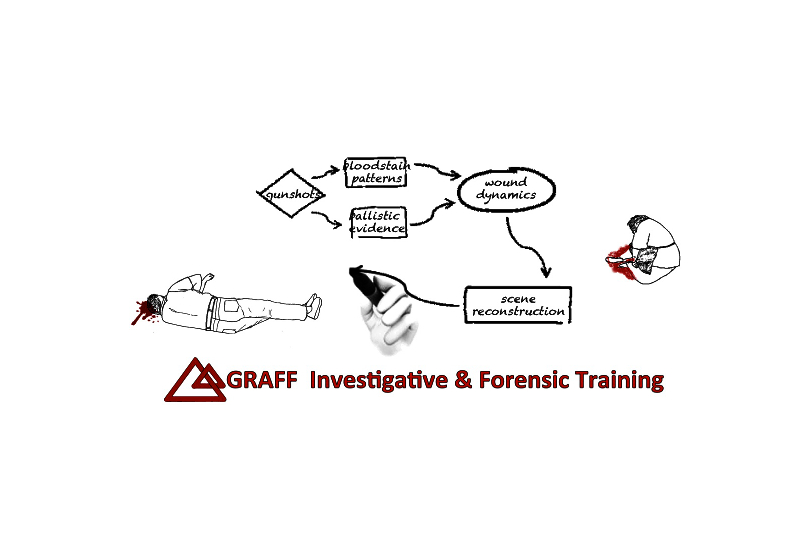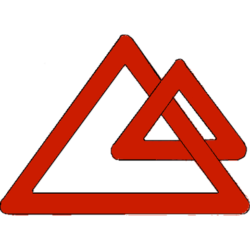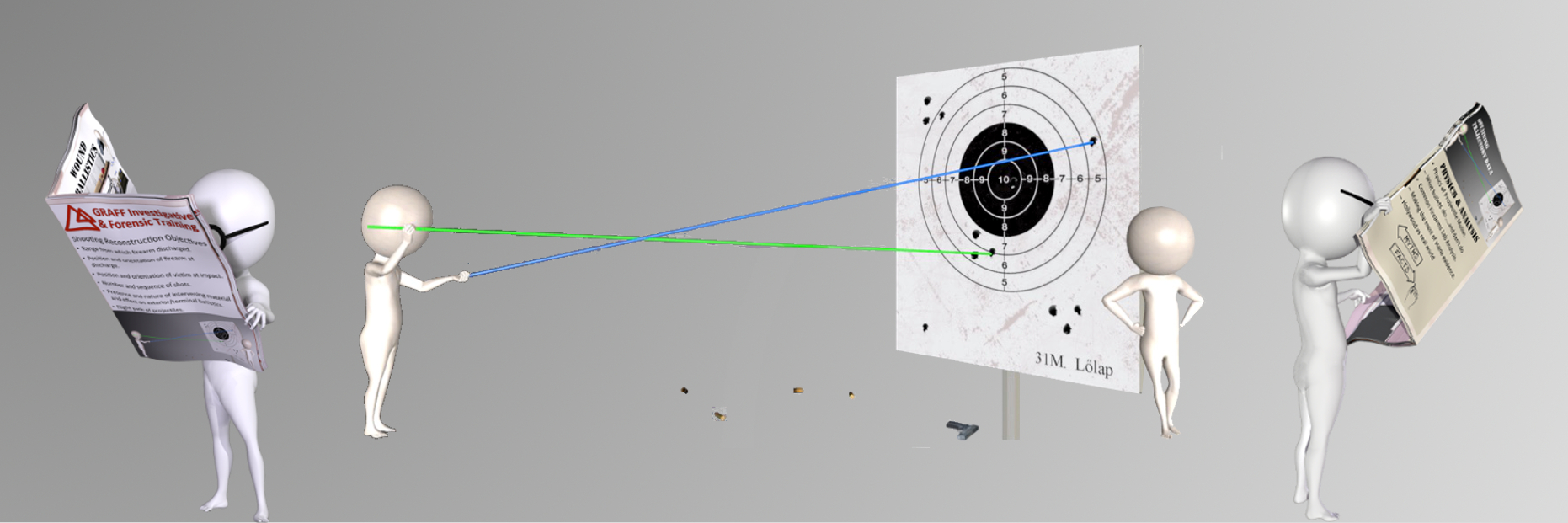Introduction: Modern investigators are frequently faced with the investigation of shooting incidents, some of which become controversial. Whether the incident is a criminal act, an act of self-defense, or the use of deadly force by law enforcement, the outcome of these investigations have far-reaching consequences. Investigators must effectively and accurately analyze these scenes so facts surrounding these incidents can be identified and accurately presented.
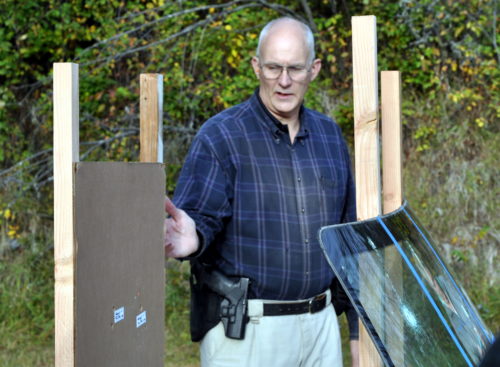
Course Description: A comprehensive 5-day (40 hour) course, prepared and presented by veteran field investigators, is for detectives, crime scene investigators, forensic technicians, and others involved in investigating shooting incidents. Validated methodologies are presented in lectures and practical exercises. Scenes will be analyzed to identify ballistic evidence, shooter and victim positions, sequence of events, and evidentiary relationships.
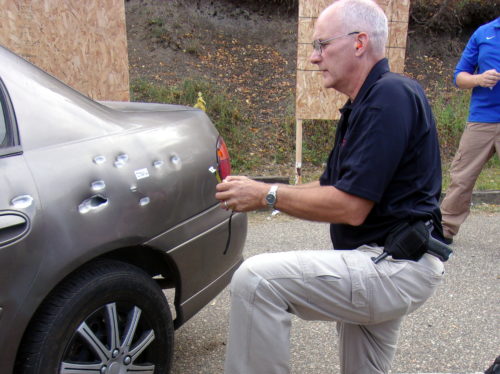
Classroom and shooting range instruction and practical exercises include:
- Firearms and ammunition design and function. Common laboratory analysis.
- Physics of projectile motion.
- Proper identification, documentation and organization of firearms-related evidence.
- Gunshot wound ballistics and interrelationships of wounds and other evidence.
- Determining muzzle to target distances.
- Mathematics for trajectory analysis in crime scenes.
- Application of the scientific method to field analysis.
- Reconstructing the shooting event through recognizing and correlating evidentiary relationships between evidence in the scene, forensic analyses, and subject/witness statements.
- *Trajectory analysis through rodding, laser, trigonometry and stringing.
- *Demonstration and analysis of bullet interactions with various materials including glass, metal, concrete, wood, motor vehicles, bone and dirt. Commonly held perceptions will be challenged.
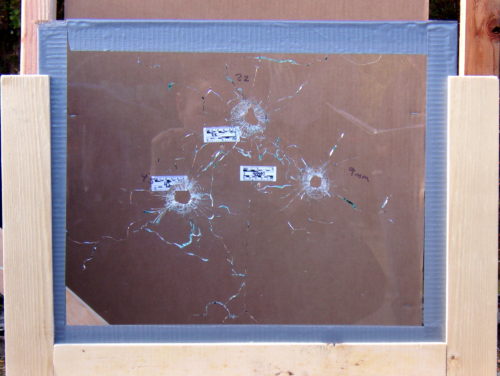
All main concepts are reinforced through hands-on practical exercises using case scenarios.
* Includes exercises conducted at a shooting range.
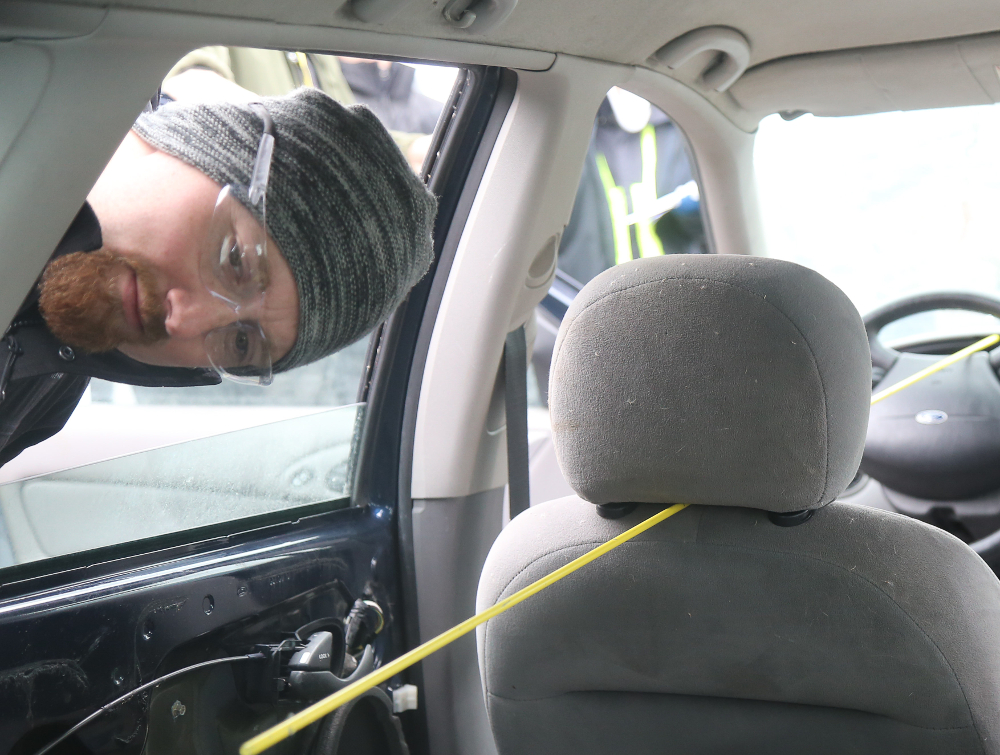
Class Requirements: Course is designed to develop knowledge and “hands-on” experience for shooting incident scene analysis. Prior investigative or crime scene experience is recommended. Attendees should bring a camera for documenting evidence and an electronic device with USB connection, preferably a laptop computer, to access and save digital handouts, case materials, and fillable forms used in lecture and practical exercises.
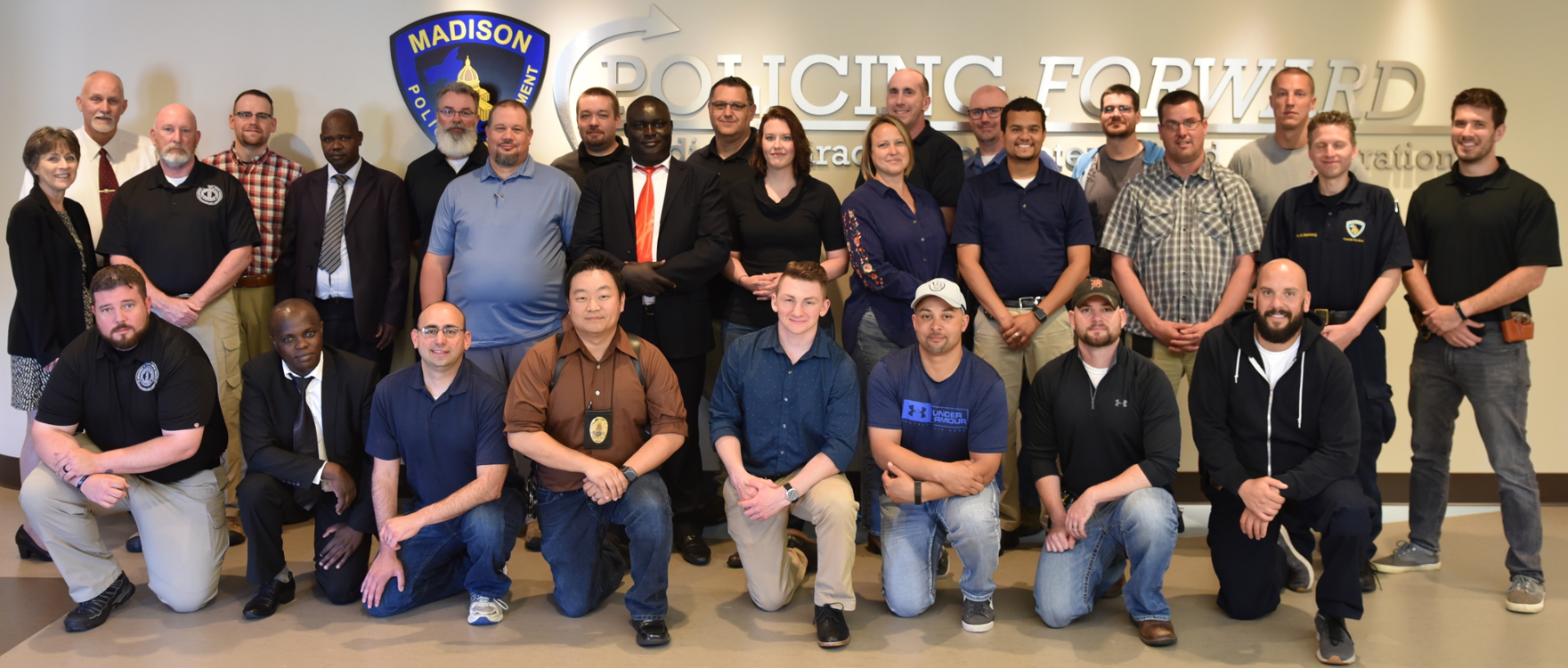
Student Testimonials
“Gary was very patient – great presenter – one of the best instructors I have ever had.” Ottawa, ON
“Iris is clearly an expert in her field. I wish she lived closer. Fantastic teaching ability and understanding” Ottawa, ON
“Instructors extremely well prepared! Excellent course! Highly recommended!” Wauwatosa, WI
“ I have learned so much in this one week in a practical approach that encompasses a great deal of scenarios we would see on the job. The instructors were very knowledgeable and had a way with explaining things that made it click. Thank you!” Wauwatosa, WI
“One of the best, most helpful courses I have attended in 14 years of CSI work” K. P., Independence MO PD
“Both instructors did an excellent job. I look forward to future classes with them. This was a positive and excellent skill building and experience gaining class. I highly recommend other investigators to attend.” D. P. Waukesha, WI PD
“Both Instructors are vastly experienced, highly professional, and are obviously leaders in their field. They went the extra miles (plural) by putting in no end of effort and worked 14 hours a day to see that every attendee got the most from the course. I’m honored to have learned from them and look forward to working with them.” Dan O’Kelly
“One of the best courses I’ve taken. I learned a lot and the instructors are very approachable and willing to answer questions.” Lander WY
The class was worthwhile and I learned a lot. The information you and Iris taught I had not been exposed to before, and will be very helpful in future shooting incidents. This class was by far the best instruction I have received since I have been a detective. You and Iris are both very knowledgeable, and I appreciated all the examples you shared from your LE experiences. Hopefully you and Iris can make it back to Lander next year for another class. R Lutterman, Lander WY
“Overall an excellent class. Instructors were well prepared, skilled, and provided an excellent learning experience”. Wauwatosa WI
Thanks for all your hard work. I did find the class useful and 14 hours after it ended I was on the scene of an officer involved shooting with over 70 shots fired, documenting bullet strikes on a squad car, sorting out preliminary trajectories on a shot up dumpster, explaining sheet metal bullet defects to other investigators who insisted they knew the caliber of the weapon causing the hole, using ricochet marks to predict where to find secondary bullet strikes as well as other class taught skills. Then the day after that found myself on another shooting scene using the skills learned in class to sequence a window break from gun fire, documenting an entry wound abrasion ring, and using class skills to make much better measurements and documentation at the scene. Seems my department received a return on investment in whole in about 72 hours. Thanks for making me better at this. Sincerely S.K.
Note: The Shooting Incident Reconstruction course is sponsored through TriTech Forensics, the training partner for the International Association of Identification (IAI). Visit www.tritechtraining.com or contact Phil Sanfilippo, 954-806-2123 phil@tritechusa.com to host or register for the course.
